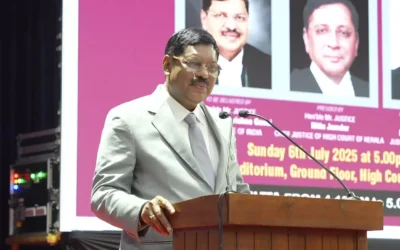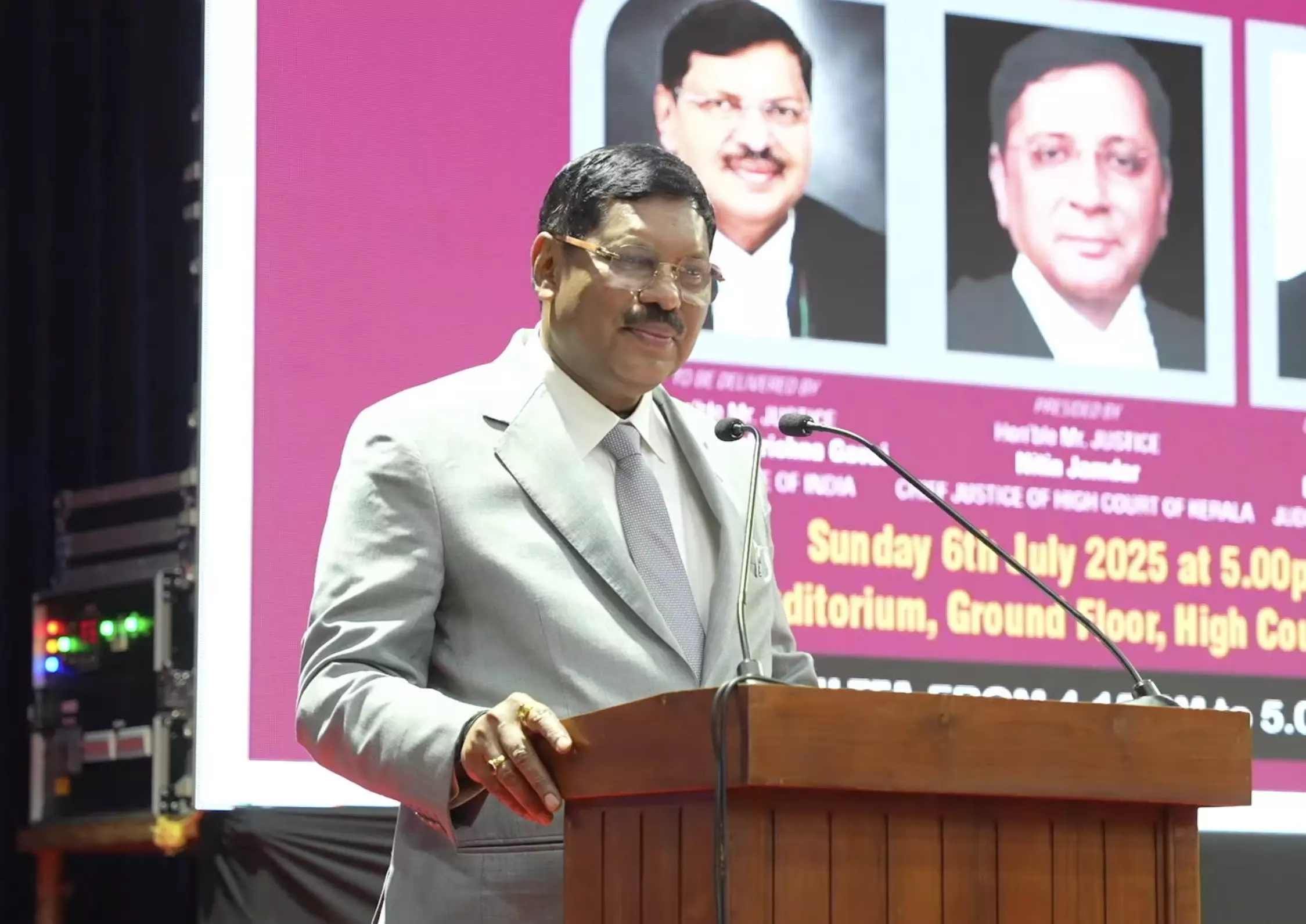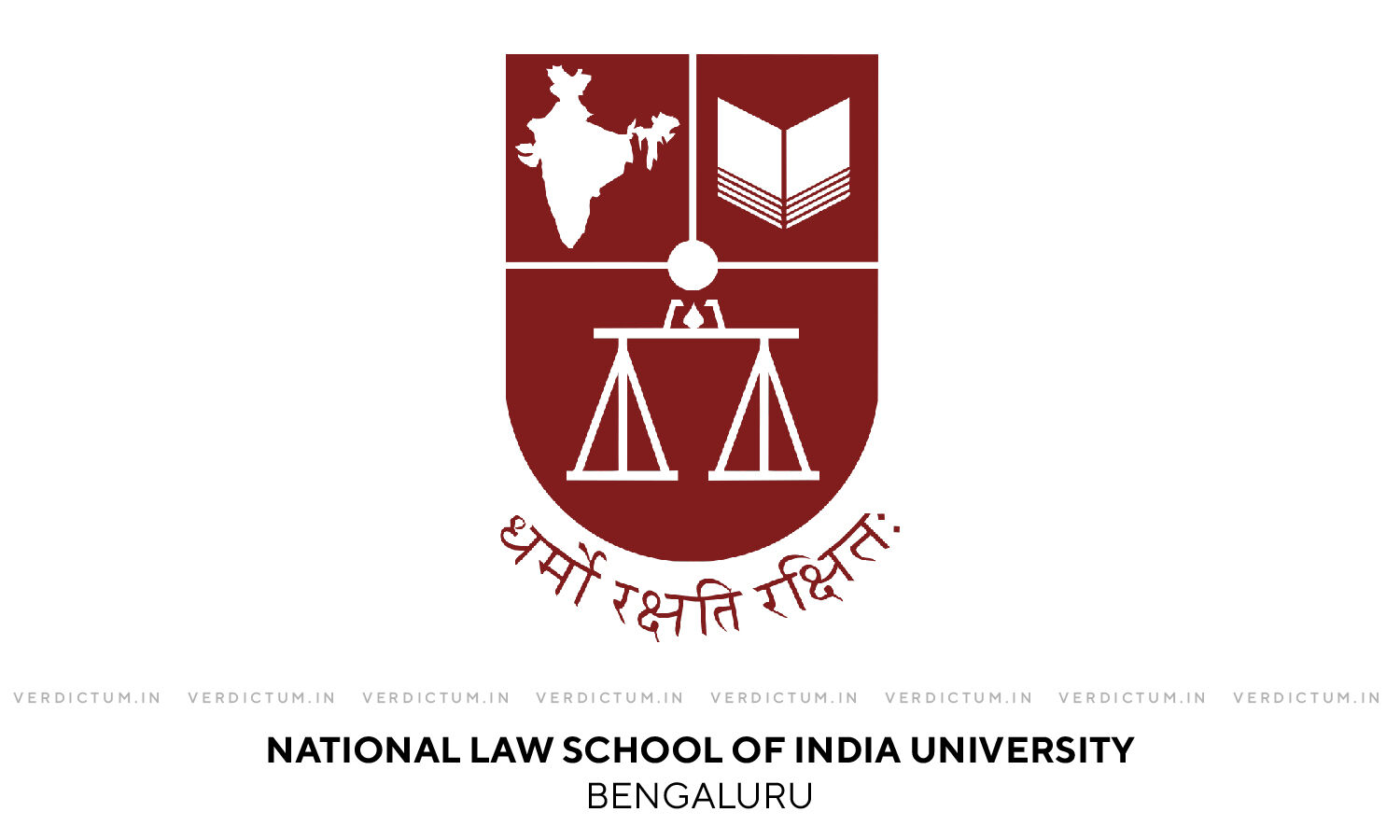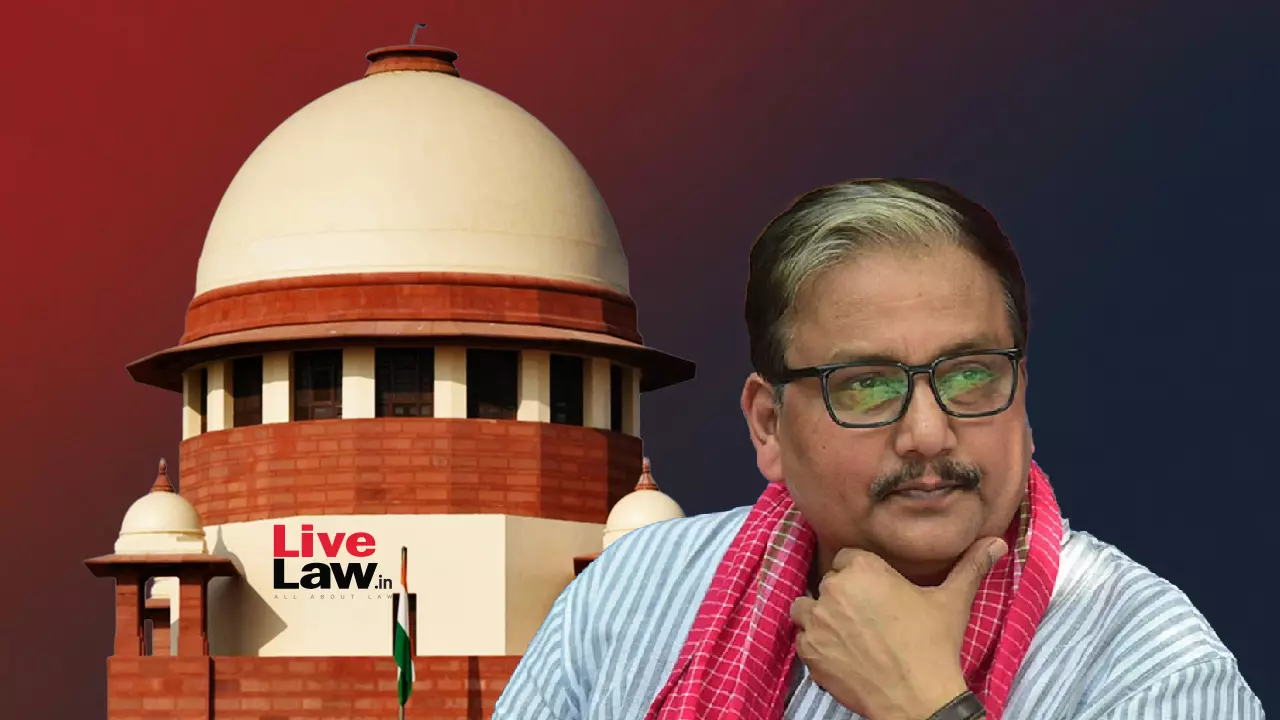Allahabad High Court Bans Rs 500 Photo ID Fee By Bar Associations, Calls It Illegal

Thank you for reading this post, don’t forget to subscribe!
The Allahabad High Court has stopped bar associations from charging Rs 500 for photo identification of litigants. The Court said such charges violate access to justice and are not legally sanctioned.
Prayagraj: Today, on June 27, In a significant ruling aimed at protecting litigants’ rights and ensuring access to justice, the Allahabad High Court recently restrained the High Court Bar Association (Allahabad) and the Oudh Bar Association (Lucknow) from collecting Rs 500 as charges for photo identification from advocates and litigants.
The Court was informed that the Registry only accepts affidavits that are sworn before the oath commissioner, and for that, a photograph of the deponent is mandatory.
ALSO READ: SC to Review Bar Association Claim- ‘Exemption From Paying Electricity Bills’
This photograph was being taken at a designated photo center, where the Bar Associations allegedly collected Rs 500 as photo identification charges.
Taking note of this, Justice Bhatia passed a strong interim order:
“Through this interim order, the High Court Bar Association and the Oudh Bar Association are directed to ensure that no amounts are charged from the litigants/advocates towards the photo identification at any rate whatsoever.”
He added that if bar association members continue linking affidavits with these unauthorised charges, it would amount to contempt of court:
“Linking of the affidavits with the amounts collected would amount to contempt of court by the members of the governing bodies of the bar associations.”
The Court went a step further and warned that the individuals or entities managing the photo centers will also be held personally liable if they continue to charge beyond what is officially permitted:
“The persons manning the photo centre, either on behalf of a firm or a company, would also be personally liable if any amounts are being charged for photo identification over and above what have been sanctioned by the Chief Justice under the Allahabad High Court Rules.”
The issue surfaced after the petitioner’s lawyer asked for an adjournment because the client could not travel to Lucknow for photo identification and to swear the affidavit.
Earlier in April, the Court had already found the practice of collecting money for photo ID as illegal and also held that refusing affidavits deposed before a notary was against the High Court rules.
In the recent hearing, the Registrar General of the High Court submitted that there was no policy to reject petitions accompanied by affidavits sworn before a notary.
It was also informed that two division benches had already passed directions against collecting Rs 500 for photo verification.
However, it was noted that Rs 125 is the officially sanctioned fee for verification of an affidavit before the oath commissioner. The Court was told that:
“The High Court either on its administrative side or the Hon’ble Chief Justice in exercise of powers, has never permitted the Bar Associations to charge any amount over and above the amount of Rs.125/-…The photo identification work was assigned and was outsourced to be carried out by the Bar Associations who in turn have handed over the same to a third party and the same is beyond the control of the High Court.”
The Court strongly emphasized that access to justice should be smooth and free from unnecessary hurdles. Highlighting the importance of removing excessive procedures, the Court observed:
“The procedural requirements to achieve and ensure the access to justice has to be erased so that the constitutional right is not reduced to an empty provision. Procedures prescribed for access cannot be such that defeat the very purpose they seek to achieve. The procedures should be to lubricate the path instead of becoming a resistance. Procedures although essential are like friction which is a ‘necessary evil’ but cannot be excessive lest it brings the entire machinery to a stand still.”
Based on these findings, the Court passed an important interim direction:
“As an interim measure, it is directed that the Registry/Stamp Reporting Section shall accept all the petitions, applications, appeals etc., filed before the High Court, both at Allahabad and Lucknow and duly supported by the affidavits sworn before the Notary Public appointed in the entire country of India as a valid affidavit in support of the petitions, applications, appeals, etc.”
The Court also clarified that the Stamp Reporting Section should not raise any defects regarding such affidavits:
“In the absence of any provisions contained in the Allahabad High Court Rules, prima-facie, the list of defects as notified being 272 in number, also do not appear to have any statutory basis.”
The Court said that the current practice of forcing litigants to travel long distances just for photo identification was outdated and unnecessary:
“The same has also resulted in the High Court Bar Association as well as Oudh Bar Association charging amounts beyond the sanction of law solely based upon resolutions, and continuation of such practice is neither desirable nor does it goes augur well for the temple of justice which is to function with the active help of Bar Associations in furtherance of the constitutional goal of providing access to justice to all.”
To modernize the process and make it easier for people to access justice, the Court also advised modifying the High Court rules in line with what the Kerala High Court has done—such as using OTP and email verification methods.
The petitioner was represented by Advocate Tushar Mittal, who also served as amicus curiae. Senior Advocate JN Mathur and Advocate SM Singh assisted the Court, while Advocate Gaurav Mehrotra appeared for the High Court.
Advocate Manoj Dwivedi represented the Oudh Bar Association.
Case Title:
Rajdhani Inter State Transport Co. New Delhi v. State of UP
Read Order:
Click Here to Read Previous Reports on Bar Associations






